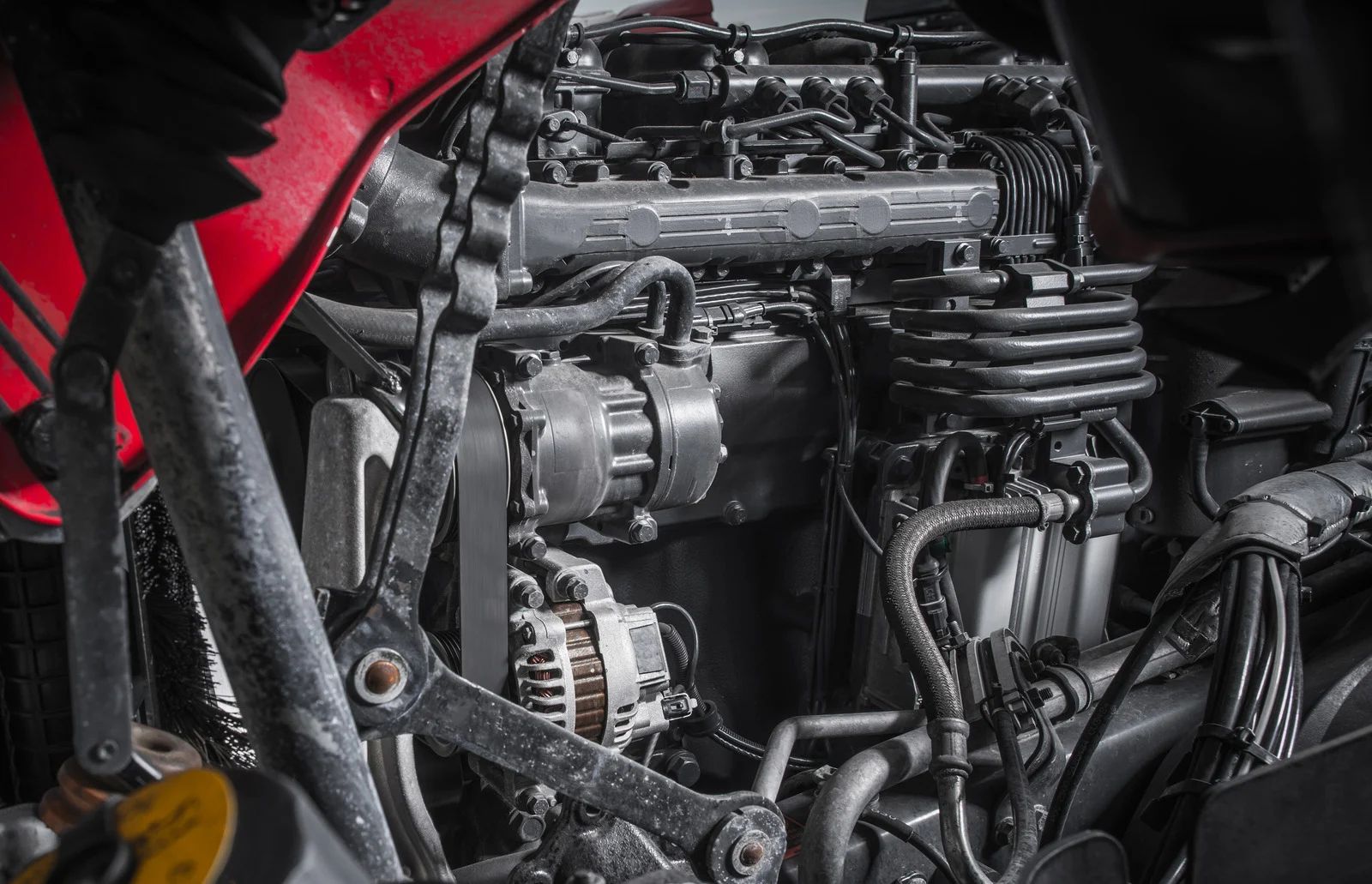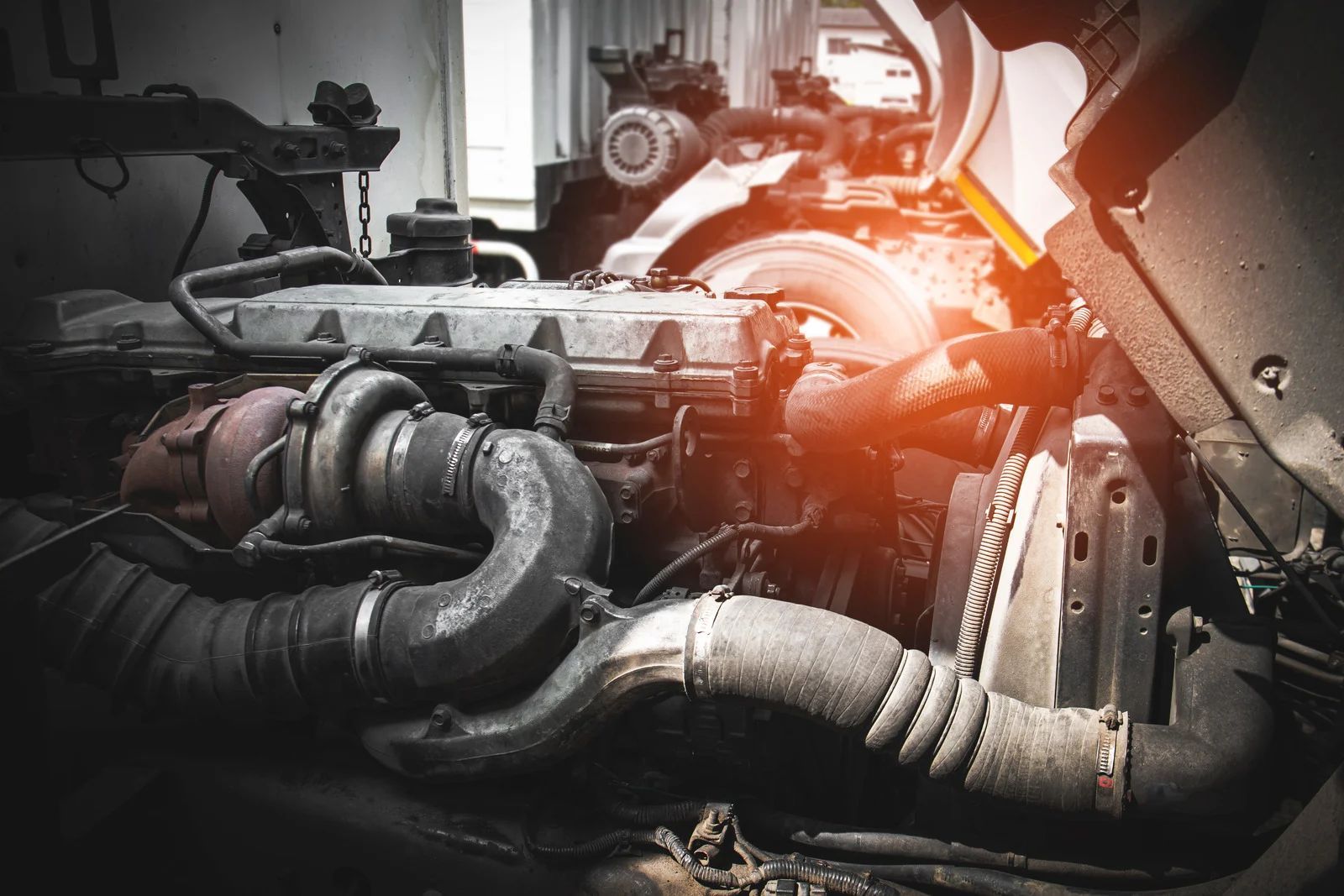How Cold Weather Affects Diesel Engines and What You Can Do About It
When temperatures drop, diesel engines start to behave differently. Cold weather thickens fuel and oil, reduces battery output, and stresses engine components in ways that warm weather doesn't. If a diesel engine isn’t prepared for the winter months, it can struggle to start, run inefficiently, or even break down altogether. Understanding how cold weather impacts these engines helps avoid frustrating and costly setbacks.
Fuel Gelling and Flow Issues
Diesel fuel naturally contains paraffin wax, which begins to solidify when temperatures get low enough. This process, known as gelling, thickens the fuel, making it harder to flow through lines and filters. Gelling often causes hard starts or total engine failure if not addressed. Installing a fuel heater or using cold-weather additives helps keep diesel flowing smoothly, even in freezing conditions.
Battery Performance Drops
Diesel engines require strong batteries to generate the high compression needed to ignite fuel. In cold weather, chemical reactions within batteries slow down, causing reduced voltage output. That means even a healthy battery may struggle to crank the engine when it’s cold. Maintaining battery terminals, testing voltage levels, and replacing weak batteries before winter hits can prevent cold-weather start failures.
Oil Thickens and Lubrication Suffers
Just like fuel, engine oil thickens in cold weather. Thicker oil doesn’t circulate as easily, especially during startup, which can lead to increased engine wear. Using synthetic oil or lower-viscosity blends specifically designed for winter operation improves flow, reduces friction, and helps protect internal engine parts during cold starts.
Glow Plug Malfunctions
Diesel engines rely on glow plugs to warm combustion chambers during cold starts. If the plugs are faulty or worn, the engine won’t fire properly, if at all. Glow plugs should be tested and replaced as part of a winter prep checklist. Well-functioning plugs make the difference between a dependable start and a stranded vehicle.
Condensation and Water Contamination
Cold weather increases the risk of condensation inside fuel tanks and lines. Water in the system can freeze, block fuel delivery, and cause corrosion. Diesel fuel filters with water separators are critical in winter. Draining these regularly and keeping tanks as full as possible minimizes condensation and water-related issues.
Block Heaters Make a Big Difference
Installing an engine block heater can be one of the most effective ways to keep a diesel engine winter-ready. Block heaters warm the engine coolant or oil, which keeps engine components at a higher starting temperature. This reduces startup strain, improves combustion, and shortens warm-up time, especially in sub-zero conditions.
Air Intake and Exhaust Precautions
Snow and ice can obstruct air intakes or exhaust pipes. Restricted airflow affects engine performance and can cause stalling. It’s important to inspect and clear these pathways before every start during harsh weather. Adding winter-rated air filters also helps maintain performance in frosty conditions.
Why Winter Prep Isn’t Optional
Cold starts don’t just waste time—they damage diesel engines over time. Repeated failed starts, poor lubrication, and fuel issues can lead to costly repairs. Routine maintenance, proper additives, and smart upgrades go a long way in preserving diesel performance during cold months.
Trust the Diesel Pros Who Know Cold Weather Challenges
With over 15 years of experience in diesel engine diagnostics and repair, The Real Deal Diesel in LaFollette, TN, understands what it takes to keep diesel engines running strong all winter. From fuel system checks to glow plug replacements and winter-specific upgrades, our team handles it all. Stay ahead of the cold—call us today to get your diesel vehicle prepped for the season.






